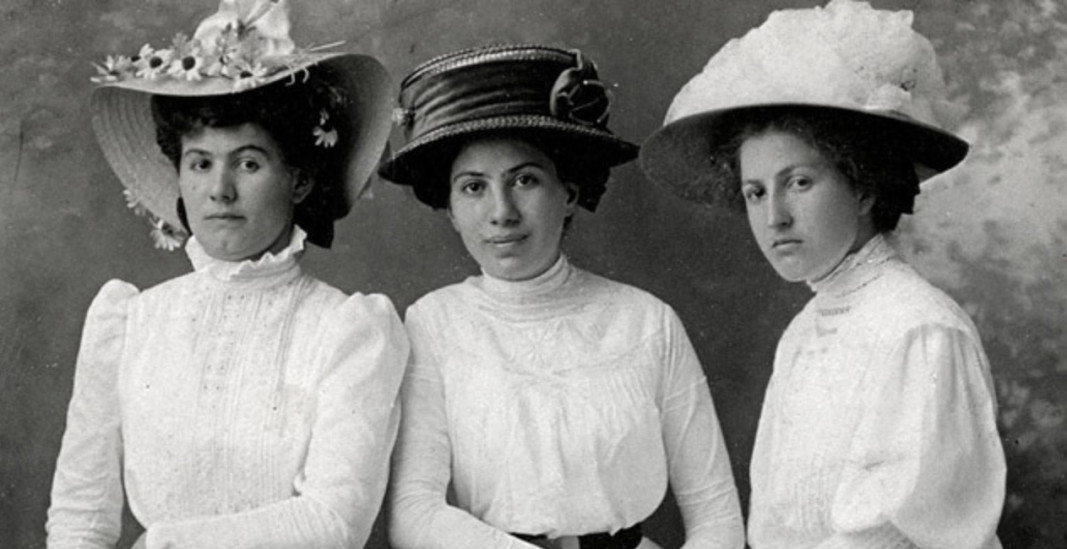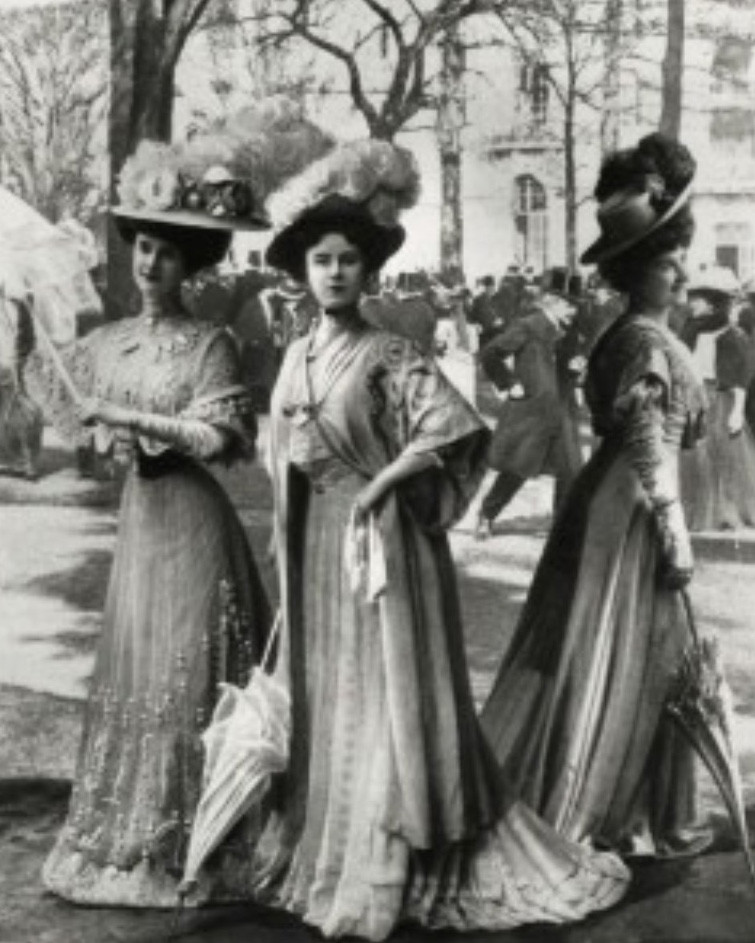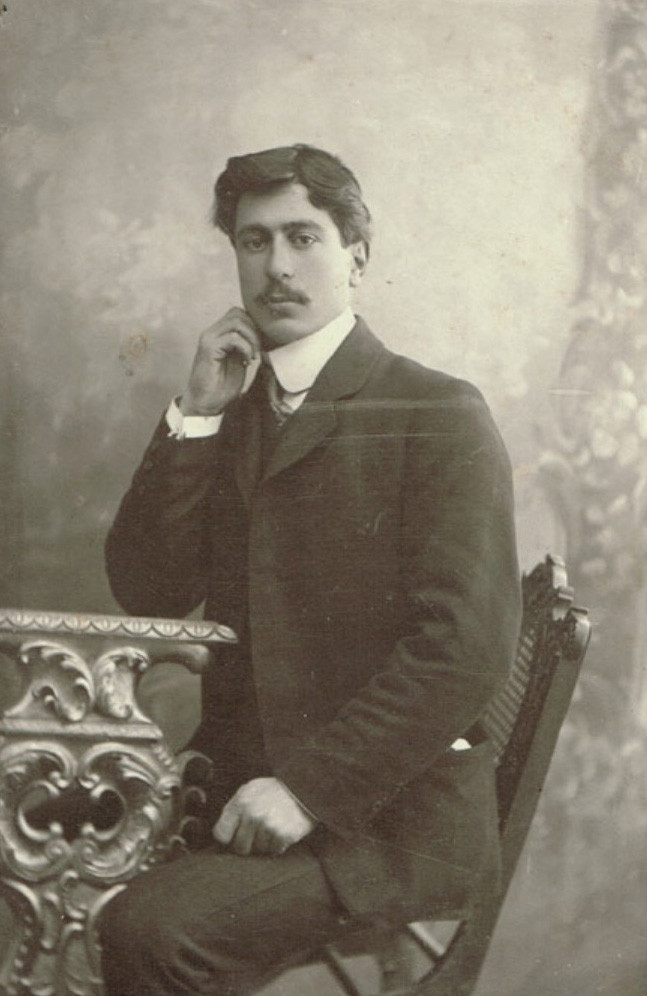Bulgaria’s Liberation from Ottoman rule gave rise to events and phenomena showing Bulgaria’s civilization path. With the adoption of the Tarnovo Constitution, the construction of Bulgarian statehood began. More and more citizens started welcoming European customs, culture and way of life.

The new trends were prominent in the old Bulgarian capital city of Tarnovo.
“At the same time when the Constituent Assembly (1879) laid the foundations of free Bulgaria, the first fashion show took place, as well as the first duel,” Todorka Nedeva from the Regional Museum of History in Veliko Tarnovo says. “There were also a number of cultural events under the influence of Europe – the first Bulgarian brass band was created and the first theatrical performance took place outdoors, acted by local amateurs.”
 In the post-liberation years the first influences of the Western European clothing fashion were seen. In the streets of Veliko Tarnovo elegant ladies and gentlemen wearing clothes according to French manners could be seen. They looked much different than people in traditional Bulgarian costumes. However, many fashion phenomena met fierce resistance from the most conservative citizens. These were, for example, long dresses with deep necklines, crinolines, ornaments as well as hats with ostrich feathers.
In the post-liberation years the first influences of the Western European clothing fashion were seen. In the streets of Veliko Tarnovo elegant ladies and gentlemen wearing clothes according to French manners could be seen. They looked much different than people in traditional Bulgarian costumes. However, many fashion phenomena met fierce resistance from the most conservative citizens. These were, for example, long dresses with deep necklines, crinolines, ornaments as well as hats with ostrich feathers.

The local press criticized not only the ladies' dresses but later also the cinematograph, the gramophone, the football matches and the "immoral" novels, stigmatizing them as a misunderstood civilization. The press wrote that some women intellectuals, teachers, and clerks who were economically independent even insisted on divorce because of the backwardness of their husbands. Women were those who mostly welcomed the modern way of life and dictated urban fashion. At that time many fashion ateliers existed in Veliko Tarnovo. But the wealthy citizens also ordered clothes advertised in French journals.
 “While women showed much vanity, the Tarnovo gentlemen were not lagging behind and were very careful about their European looks,” Todorka Nedeva says. “Renowned masters were making the clothes of Tarnovo citizens. In addition, sophisticated and wealthy men arrived in the city from all over northern Bulgaria to order clothes at Tarnovo tailors. The tailors were very good at the craft – they received magazines from Western Europe and made clothes according to latest fashion trends. Knitters also had distinctive talent and created fashionable then blouses and pullover sweaters. Their services were also used by ladies from other cities like Rousse, Svishtov (both on the Danube River), who wanted to have something interesting and original in their wardrobes.”
“While women showed much vanity, the Tarnovo gentlemen were not lagging behind and were very careful about their European looks,” Todorka Nedeva says. “Renowned masters were making the clothes of Tarnovo citizens. In addition, sophisticated and wealthy men arrived in the city from all over northern Bulgaria to order clothes at Tarnovo tailors. The tailors were very good at the craft – they received magazines from Western Europe and made clothes according to latest fashion trends. Knitters also had distinctive talent and created fashionable then blouses and pullover sweaters. Their services were also used by ladies from other cities like Rousse, Svishtov (both on the Danube River), who wanted to have something interesting and original in their wardrobes.”
If we had a time machine and could go back to the first decades of the 20th century, in Tarnovo we would have seen ladies in colorful dresses and gentlemen in frock coats elegantly leaning on their canes.
English: Alexander Markov
Photos: archiveOn January 17, the Orthodox Church honors the memory of St. Anthony the Great – a zealous advocate of Christianity. At an advanced age, he took part in the Church's struggle against the Arian heresy. Anthony got into an open dispute with the..
His Eminence Metropolitan Anthony of Western and Central Europe and BNR Director General Milen Mitev signed a Memorandum of Cooperation at the headquarters of the Bulgarian Orthodox Church Diocese of Western and Central Europe in the German capital,..
The Aprilov National High School in the beautiful Bulgarian town of Gabrovo nestled in the foot of the Balkan Range celebrates its 190th anniversary in 2025. Following in the traditions of the Gabrovo Mutual School – the first secular school in..

+359 2 9336 661
